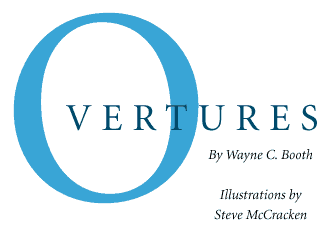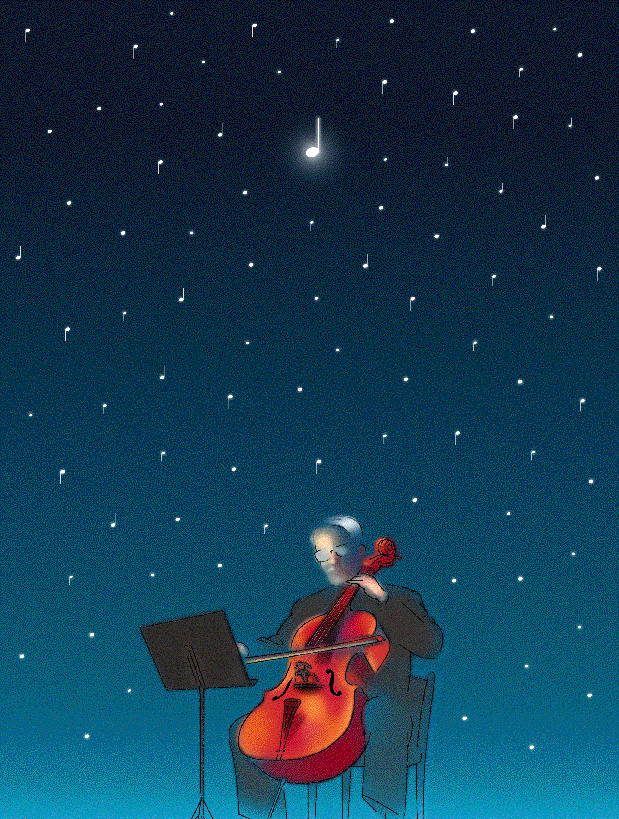|
For some decades now Iíve been laboring on a book about the joys and miseries of being an amateur cellist. The joys win out, but the miseries are inescapable if you start fiddling "late in life," as I did in my early 30s. At the center has been the bliss of playing chamber music, often amateurishly, with my wife, Phyllis, and other amateurs, good ones and poor ones. But gradually the subject has spread outward into a celebration of all kinds of "amateuring," defined not as passive reception of some bit of fun produced by someone else but as active practice on some challenging task, for the love of it.
Chamber music is still for me at the top, but it is surrounded by scores of rivals. The heart of the book is the effort to address the "why" question about any kind of "amateuring": Why devote, spend, squander hours and years on a "practice" that can never yield any payoff but the love of doing it? That question has forced me to address, as genuine amateur but again often amateurishly, many deep social, philosophical, and religious questions. What follows is an excerpt from my "Overture." |

